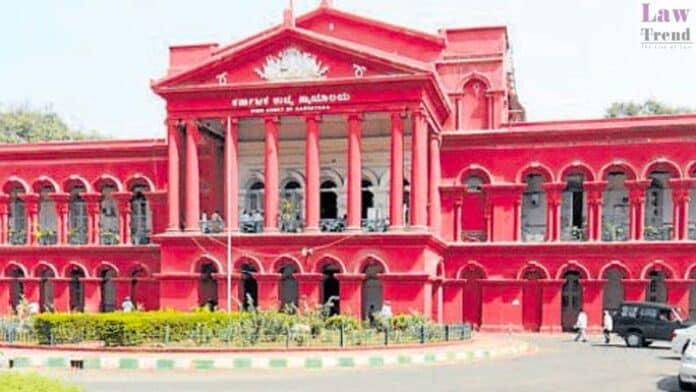The Karnataka High Court on Thursday refused to halt the state government’s ongoing socio-economic and educational survey, popularly referred to as the caste survey, but imposed stringent safeguards on how it is conducted and how the data is managed.
A Division Bench of Chief Justice Vibhu Bakhru and Justice C.M. Joshi clarified that while the exercise itself may proceed, the information collected must remain confidential and cannot be disclosed to any individual or body. The court also stressed that participation in the survey is strictly voluntary.
“We do not find reason to interdict the ongoing survey. However, we state that data collected shall not be disclosed to any person. The Commission shall ensure that data is fully protected and kept confidential. We further direct the Commission to issue a public notification clarifying that participation in this survey is voluntary and no person is obligated to disclose any information,” the Bench stated.
The judges directed that this clarification be provided at the very outset of the survey process. Enumerators, the court emphasized, must not pressure or persuade individuals who decline to participate. To ensure compliance, the Commission has been asked to file an affidavit within one working day, detailing measures adopted to secure the collected data.
Earlier in the week, the Karnataka government defended the survey in court. Senior advocate Abhishek Manu Singhvi, appearing for the State, argued that the Union government was taking contradictory positions. He noted that the Centre had itself piloted the 105th Constitutional Amendment in 2021, which restored the powers of state governments to identify and list backward classes.
“Having brought about this amendment, the Centre now conveniently supports the petitioners simply because a different political party is in power in the state,” Singhvi submitted, contending that objections to the exercise were politically motivated.
The court’s directions come amid heightened political and social debate around the caste-based survey, with supporters viewing it as a step towards ensuring equitable welfare distribution, while critics have questioned its intent and implementation.




